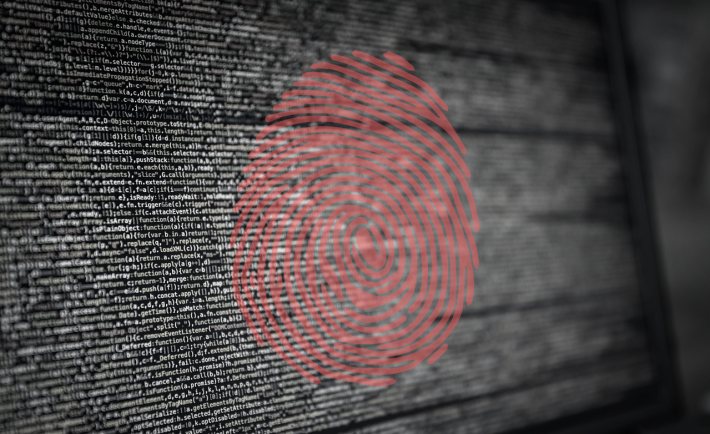Editor's Note: This essay first appeared on the Defusing Disinfo blog.
Online disinformation and computational propaganda can have major effects, particularly in volatile political environments where public opinion can be shifted to a narrative pushed by a group with access to personal data from target populations.
The power of online systems to shift elections or referenda is the lesson of many recent political campaigns in history. That reality has shown the importance of strong institutions, laws that are capable of shifting with ongoing technological and political innovation, and better corporate governance.
These systems are now integral components of our identities, politics, and modern political campaigns. The technology companies that operate social media networks and enable our connections, from applications and software makers to hardware and telecoms, now all control great amounts of our data and must take great care.
Nations and multinational corporations are dealing with this new online reality in different ways. They are responding with different forms of legislation, public programs, and even coordinated social media campaigns that are harmful to human rights principles, such as freedom of expression, privacy, and independent media
Most people encountering disinformation often think primarily of its offensive aspects: bots, trolls, algorithmic manipulation and other forms of what is known as “computational propaganda.” There is another component that must be considered to understand the problem: personal data that online campaigns use to target users.
We can find concrete solutions to the issues to these techniques by addressing the information in databases on the back end of systems, including by protecting personal, sensitive information and metadata about our activities, networks and colleagues.
Read the full post on Defusing Disinfo.

